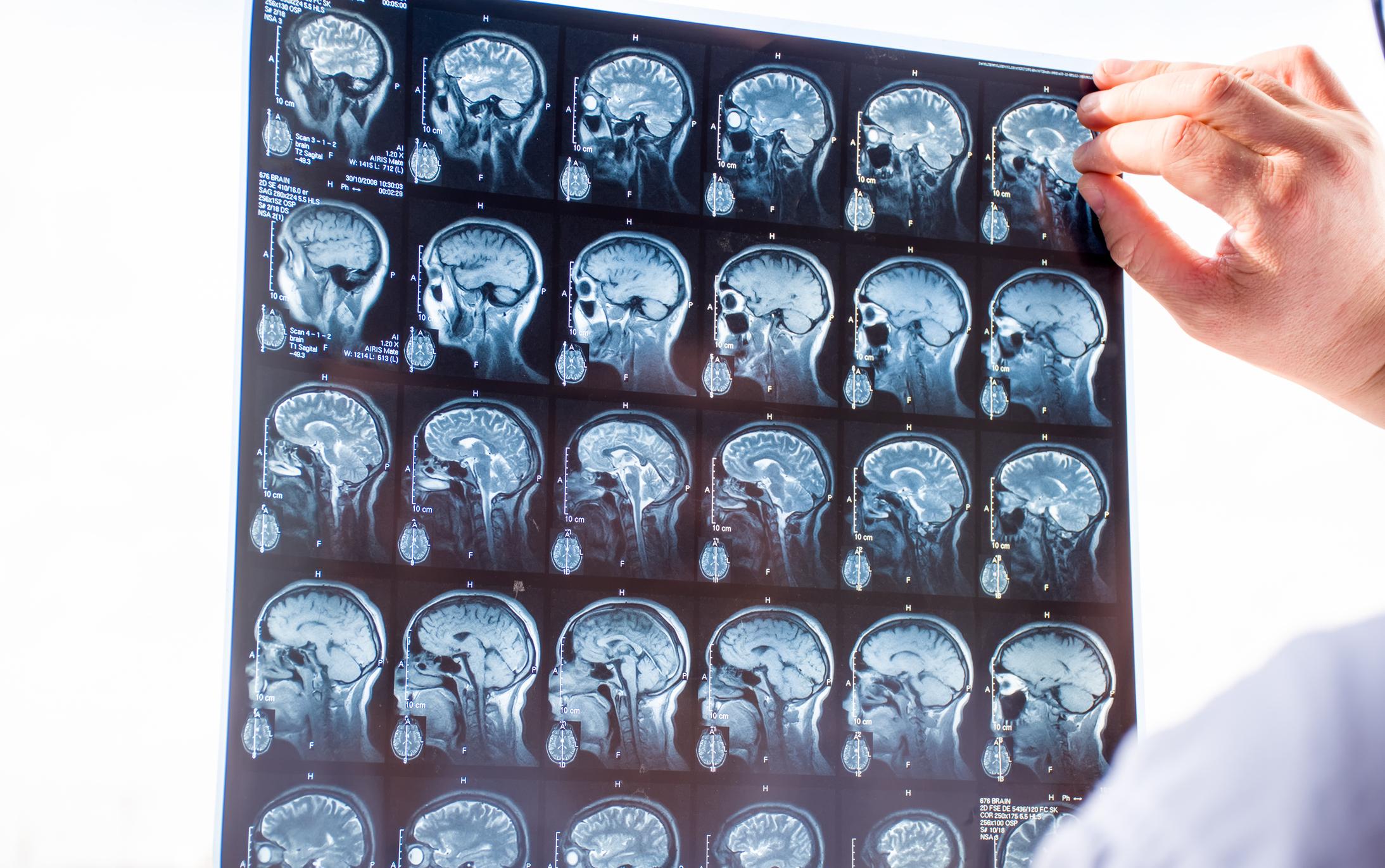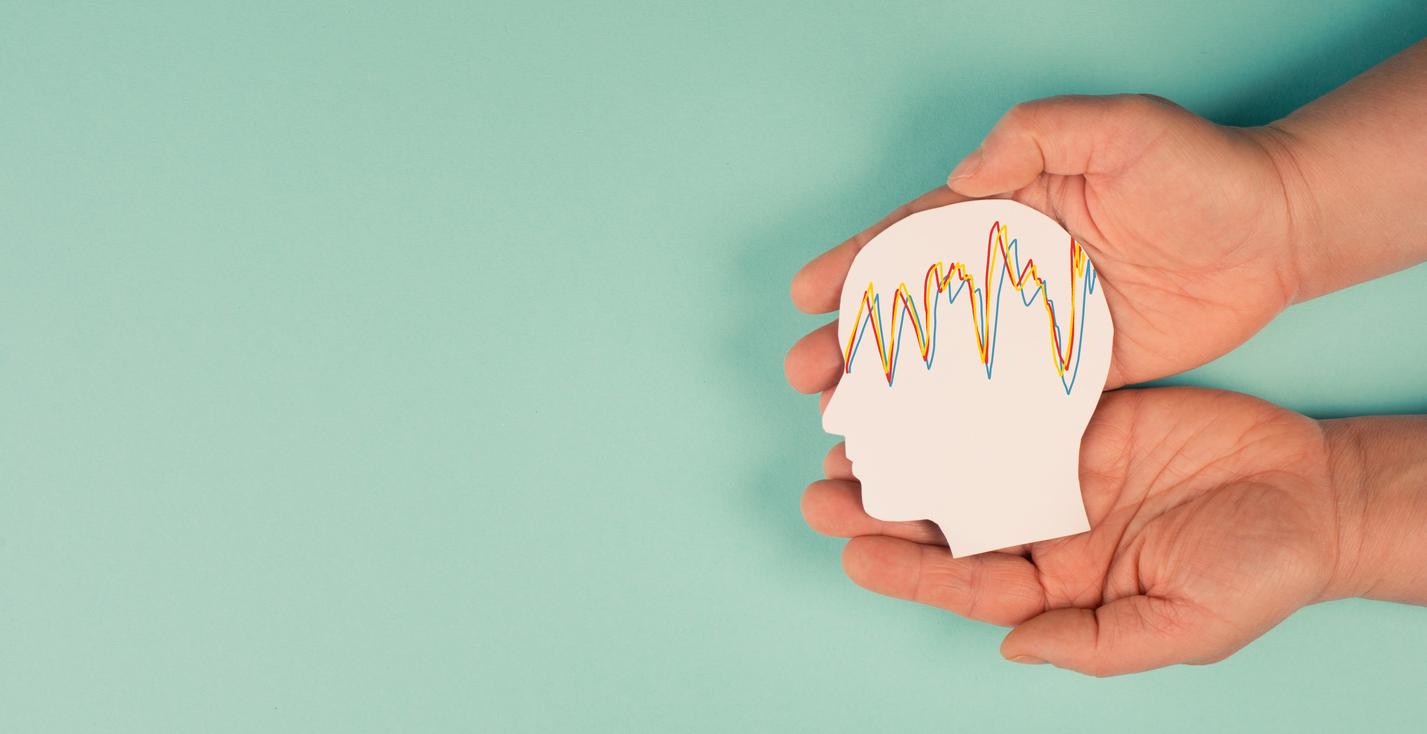Orage. This is the name that the singer Ava gave to one of her titles. A name to describe the epilepsy she suffers from. Storm, because it’s a real storm that unfolds in the head during crises. A small area of the brain, stimulated in an anarchic way, begins to malfunction.
Despite its frequency, epilepsy remains poorly understood. According to a survey carried out by the French Foundation for Research on Epilepsy (FFRE), 9% of French people associate seizures with a supernatural phenomenon of “possession” and 36% with madness or mental illness.
Epilepsy: 2nd reason for consultation with the neurologist
Synonymous with spectacular and unpredictable seizures, epilepsy is the second reason for consultation with the neurologist, after migraine.
In reality, there are many forms of epilepsy because everything will depend on the brain area involved. But all epileptic seizures reflect a neurological dysfunction: they are caused by abnormal discharges within the networks of neurons. Doctors speak of symptomatic epilepsies when the seizures are the result of an identifiable lesion, such as a tumor or a stroke. But these epilepsies can be idiopathic when no cause is identified.
Epilepsy: 80% of seizures controlled by treatment
Drugs unfortunately do not act on the cause of epilepsy but they reduce the risk of recurrence of seizures. In some cases, they even manage to control them completely. About 70% to 80% of seizures are controlled by drug treatment if the treatment is followed regularly. A good observance which is, alas, not simplified by the side effects of certain molecules (lethargy, weight gain, depression, learning difficulties, etc.)
Sometimes, after 3 to 5 years without seizures, the treatment can be stopped, after analysis of the risk factors for recurrence. But in 20 to 30% of cases, and despite regular treatment and a combination of several drugs, the attacks persist. In this case, surgical treatment or deep brain stimulation may be offered.
Our expert: Professor Fabrice Bartolomei, neurologist, head of the epileptology and cerebral rhythmology department, at the Timone hospital (Marseille)


























